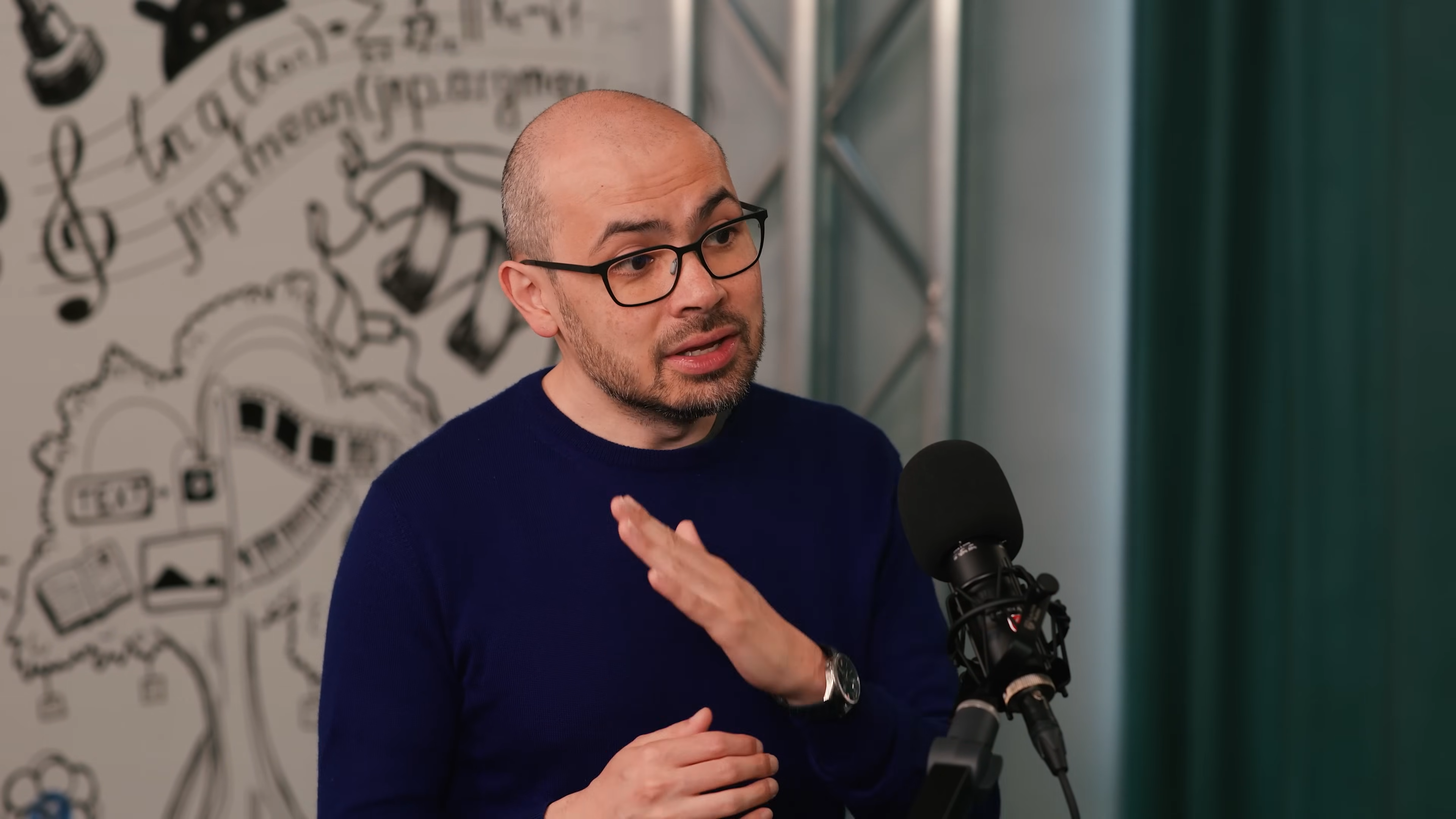Deepmind CEO Hassabis: World models are the future, but the AI bubble is real

With Gemini 3 Pro, Google aims to reclaim AI leadership. But Deepmind-CEO Demis Hassabis is already looking ahead to the next, expensive stage of AI development, warning of a bubble in the private market and explaining why Google's long-term strategy is paying off.
Following a hype phase fueled by employees and CEO Sundar Pichai, Google has released its latest AI model, Gemini 3 Pro. According to Demis Hassabis, CEO of Google DeepMind, the goal was to create the best all-around model while addressing weaknesses of previous versions in coding, reasoning, and math. According to an interview with Hassabis, the model is a "key component of what we see as an eventual AGI system."
Initial reports indicate the model delivers top-tier performance. Josh Woodward, a vice president at Google, highlighted in the "Hard Fork" podcast that Gemini 3 is better at maintaining its train of thought over multiple steps. It can also generate custom interfaces for users, such as interactive tutorials or calculators. The user base is already massive: according to Google, the Gemini app has over 650 million monthly users, while two billion people interact with Gemini monthly via AI Overviews in Search. To further boost growth, all U.S. college students will receive one year of free access to a paid version of Gemini.
World models as the next AI frontier
While Gemini 3 is rolling out, Hassabis is already focusing on the next research frontier: world models. He spends most of his research time on this topic, citing projects like SIMA 2 and the video-generation model Genie 3 as examples. According to Hassabis, these models, already used internally for training robots and other agents, will be critical to achieving AGI.
He predicts a "ChatGPT moment" for world models, but the biggest obstacles are the price and current technical hurdles. "We’d love to put Genie in the hands of more people, but it’s expensive," Hassabis said, explaining that "basically, a consumer of it is another instance of the creation of it." Before scaling is possible, he noted, challenges such as "making it consistent longer than a minute" must also be solved.
Hassabis warns of AI bubble, affirms Google's "Engine Room" strategy
When asked about a potential AI bubble, Hassabis offered a nuanced view. He sees "obviously a bubble in the private market." As an example, he cited seed funding rounds where startups with "basically nothing" receive valuations of tens of billions of dollars. "That seems a little unsustainable," he said, adding, "It’s not quite logical to me."
However, he doesn't see this applying to Google. Hassabis referred to his thesis from twelve years ago when DeepMind joined Google: that AI research should become the "engine room" for Google's products. This strategy is now paying off, with Gemini powering existing services like Search, YouTube, and Cloud, thus generating immediate returns. "Whatever happens, I feel like we’re in a really strong position to come out on top," Hassabis stated. Whether the bubble bursts or not, he believes Google is well-positioned for either scenario.
The path to AGI
Despite the advances with Gemini 3, Hassabis maintains his estimate that true AGI is still five to ten years away. He stated that "one or two more breakthroughs" are still needed, particularly in model reliability, reasoning, and memory.
This dampens expectations for pure scaling. While he acknowledged "diminishing returns" from simply making models larger, he clarified that progress is far from zero. The investment is "still well worth doing," even if it no longer leads to exponential growth.
People when they hear diminishing returns they think of is it zero or exponential, right? But there’s also in between. So there can be diminishing. It's not like going to like exponentially double with every era, but it’s not um uh it’s but it’s still well worth doing, right? And and and extremely good return on that investment. So, I think we're in that era.
At the same time, he warned that the models' enhanced capabilities, such as the use of external tools ("function calling"), also create new risks. Especially in the area of cybersecurity, he said, one must be "doubly cautious" to prevent misuse.
AI News Without the Hype – Curated by Humans
As a THE DECODER subscriber, you get ad-free reading, our weekly AI newsletter, the exclusive "AI Radar" Frontier Report 6× per year, access to comments, and our complete archive.
Subscribe nowAI news without the hype
Curated by humans.
- Over 20 percent launch discount.
- Read without distractions – no Google ads.
- Access to comments and community discussions.
- Weekly AI newsletter.
- 6 times a year: “AI Radar” – deep dives on key AI topics.
- Up to 25 % off on KI Pro online events.
- Access to our full ten-year archive.
- Get the latest AI news from The Decoder.